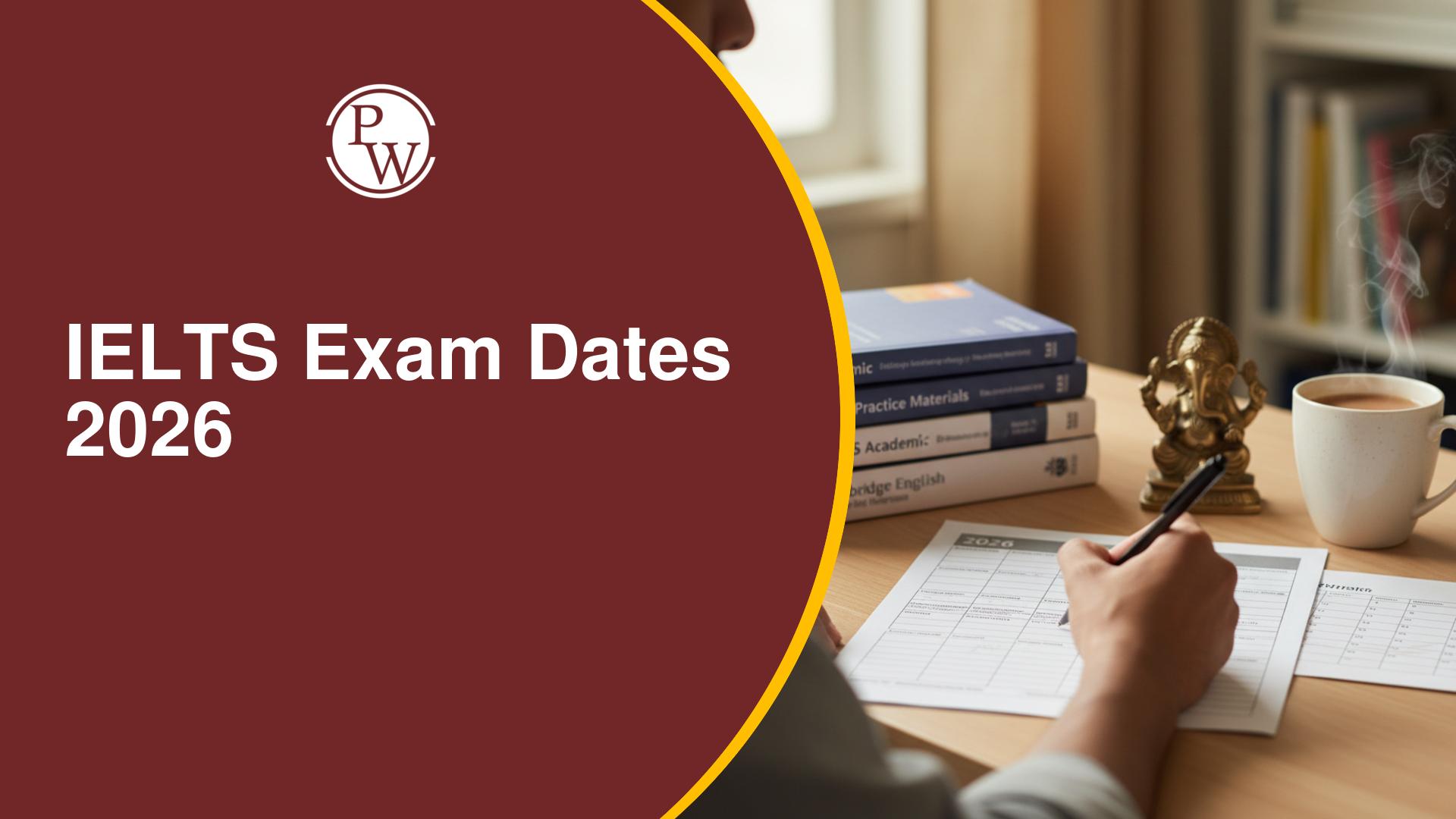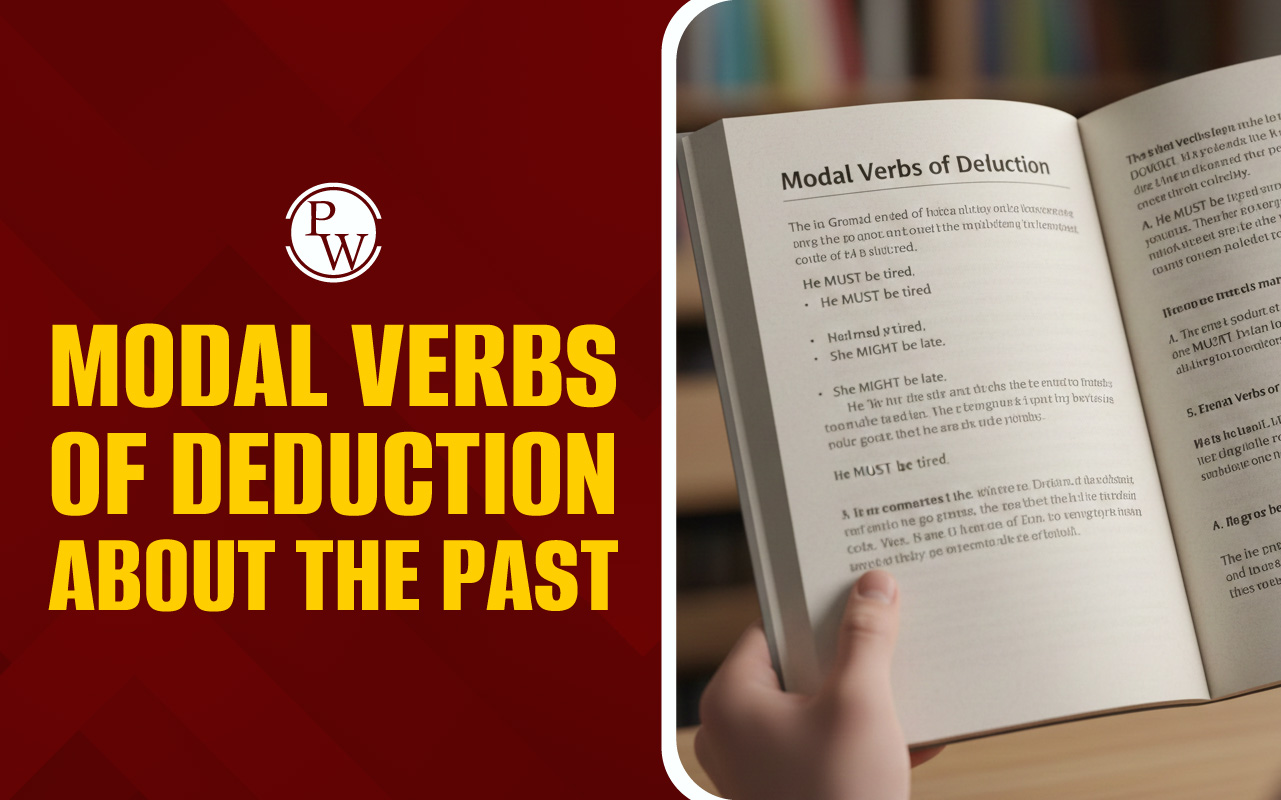
How to Improve IELTS Speaking Score?: The result of the IELTS Speaking test is one of the important determining factors of the overall IELTS performance. Speaking test in IELTS is often considered as one of the difficult sections due to its human evaluation criterion through direct face-to-face interaction with trained examiners. Therefore, getting a high score in this section is quite challenging for non-English speakers. However, achieving a good IELTS Speaking Band Score is Possible!
How to Improve IELTS Speaking Score? The answer for how to improve the speaking test score is different for each individual. The English language fluency, pronunciation, vocabulary, and knowledge of grammar are different for all. Therefore, how well a candidate can communicate in real-life situations depends completely on their personal strengths and weaknesses. Here, we will discuss some common tips, tricks, and strategies that can help candidates accelerate their preparation and boost their final IELTS band score.
How to Improve IELTS Speaking Score?
Candidates can improve their IELTS Speaking band score with regular practice, effort, and commitment. Here are some key tips to help you get ready for the test more easily:
Understand the IELTS Speaking Test Format
The IELTS Speaking Test Format includes a face-to-face interview with an examiner. The duration of the test is between 11 to 14 minutes. The IELTS Speaking section consists of three parts. Understanding the format helps reduce anxiety and improves performance.
|
IELTS Speaking Test Format |
||
|---|---|---|
|
Part |
Description |
Duration |
|
IELTS Speaking Part 1: Introduction and Interview |
A conversation about familiar topics such as your work, studies, family, or hobbies. |
4–5 minutes |
|
IELTS Speaking Part 2: Long Turn |
You receive a task card with a topic, have 1 minute to prepare, then speak about the topic for 2 minutes. |
3 minutes total |
|
IELTS Speaking Part 3: Discussion |
A deeper discussion about the topic from Part 2, exploring ideas, opinions, and broader issues. |
4–5 minutes |
Master the Four Assessment Criteria
The examiner evaluates your speaking based on four key criteria: Fluency and Coherence, Lexical Resource (Vocabulary), Grammatical Range and Accuracy, and Pronunciation.
-
Fluency and Coherence
-
Do not take long pauses while speaking.
-
Use IELTS linking words like however, in addition, and for example to connect ideas.
-
Practice speaking on various topics to build flow.
-
-
Lexical Resource (Vocabulary)
-
Expand your IELTS vocabulary through reading and learning.
-
Use idioms and less common expressions naturally.
-
Avoid repetition—paraphrase your ideas instead.
-
-
Grammatical Range and Accuracy
-
Use a mix of simple and complex sentences.
-
Focus on accuracy—avoid common grammar mistakes.
-
Practice speaking in different tenses.
-
-
Pronunciation
-
Speak clearly and stress the right syllables.
-
Practice intonation and rhythm.
-
Record yourself to identify IELTS Speaking mistakes.
-
Also Check:
Tips to Improve Your IELTS Speaking Score
Below are some important tips that can help candidates improve their IELTS Speaking score:
Avoid Filler Words
Words like um, ah, and you know can make you sound uncertain. Train yourself to pause silently instead. This makes your speech sound more polished and confident.
Expand Your Answers
Do not give one-word answers for any question. Try to elaborate answers with proper explanations and examples. For example:
Question: Do you enjoy reading?
-
Poor answer: "Yes, I do."
-
Better answer: "Yes, I really enjoy reading, especially historical fiction. It allows me to learn about different periods in a fun way."
Tips for IELTS Video Call Speaking Test
Use English in Everyday Life
While preparing for the IELTS Exam, always try to improve your language skills by communicating in English. Use English to communicate with friends, family, neighbours, and colleagues. This practice can help candidates develop a natural fluency and improve their vocabulary.
Record and Listen to Yourself
This self-feedback loop is powerful for improvement. Self-assessment is one of the effective ways to improve your Speaking skills. Use mobile phones and recording devices to record yourself. Listen to your own recordings multiple times to identify specific areas of mistakes. Highlight words you mispronounce and recognise your natural flow of speaking.
Watch and Imitate Native Speakers
Watch English shows, YouTube channels, or TED Talks. Pay attention to pronunciation, sentence patterns, and expressions. Try to imitate how native speakers talk. Shadowing is an effective technique.
| IELTS Speaking Related Links | |
|---|---|
| IELTS Speaking Mistakes | IELTS Speaking Part 1 Tips |
| IELTS Speaking Part 3 Tips | IELTS Speaking Part 2 Tips |
Use a Mix of Sentence Structures
Always combine different sentence forms to frame answers. Use compound, simple, and complex sentences strategically to balance the language knowledge. This variety boosts your grammar score. For example:
-
Simple: “I enjoy swimming.”
-
Compound: “I enjoy swimming, but I am not very good at it.”
-
Complex: “Although I enjoy swimming, I usually only do it during the summer.”
Practice with Timed Sessions
Simulate the test environment by practicing with a timer. Limit your answers in Part 2 to 1–2 minutes and avoid speaking too short or too long. This helps you manage time and stay concise.
Get Honest Feedback
Have someone listen to your speaking and provide constructive feedback even better if they’re a fluent English speaker or an experienced teacher. Identify patterns in your errors and work on them.
Remember, do not focus more on memorizing your answers. Instead, focus on building real communication skills.
Guidance of PW IELTS
Physics Wallah provides top-notch online IELTS coaching tailored for students. This course aims to effectively support students in their IELTS preparation journey.
| What is IELTS Exam? | Documents Required for IELTS Registration |
| IELTS exam eligibility requirements | IELTS Exam Fees |
| IELTS test results | IELTS Exam Pattern |
How to Improve IELTS Speaking Score FAQs
How can I get 8.5 in IELTS speaking?
How can I improve my English speaking in IELTS?
How to get 9.0 in IELTS speaking?
How to get 7 band in Speaking?







